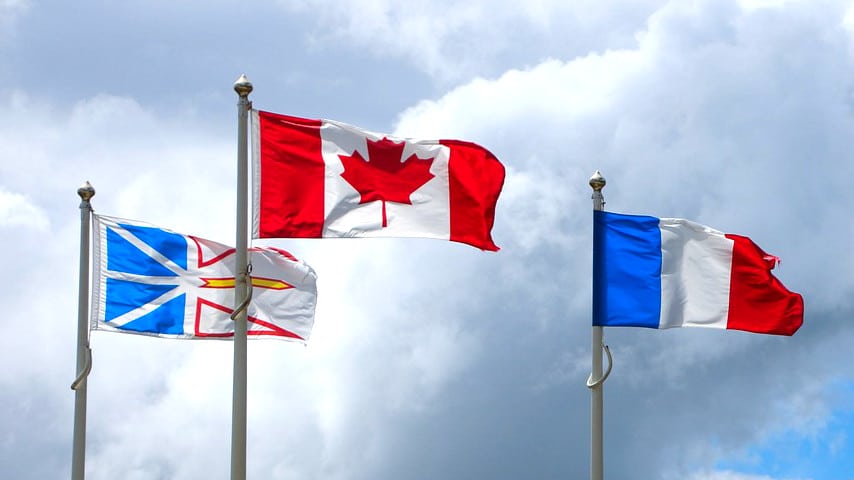Distinguishing the differences between French Canadian and European French is the key to high-quality audiovisual productions.
Accurate localisation goes beyond translation and voice-over to take into account cultural nuances and a deep understanding of the audience. GoLocalise helps producers distinguish these differences and provide quality French localisation services that serve the unique needs of their audience.
Table of Contents
ToggleWhich Canadian Provinces Speak French
The population of Canada is 35 million. For 22.8% of that population, French Canadian is the first official language. The majority of the French-speaking population in Canada lives in Quebec but over a million also live in other parts of the country.
Québécois French
85% of Francophones in Canada live in Québec, where French is the only official language. Large populations of the population in the province also speak English, especially in Montréal and Québec City. While not everyone living in the province is a native Québécois French speaker, it still has the largest Francophone population in Canada. Other provinces with a notable French-speaking population include Ontario and New Brunswick.
French Vs. Canadian French
Although the people in France can understand those in Québec, there are significant differences between the two languages. The variations are even more pronounced than between American and British English. Many consider the relationship between these French variants to resemble that of Brazilian Portuguese and European Portuguese.
French Canadian Differences
Because of its proximity to the U.S. and its strong English presence, Canadian French can sound very different from European French. For someone who doesn’t have much experience with the accent, it can be difficult to understand Canadian French because of its pronunciation and its use of English words.
Here are a few more differences:
French Canadian Accent
One of the biggest differences between French Canadian and Belgium French and other variations is the pronunciations. There are notable differences in intonation and accent and the way certain vowels are pronounced. D and T are pronounced as DZ and TS before vowels I and U.
Archaic Characteristics
French spoken in Canada still retains characteristics dating back to the 17th century. The differences include vocabulary and pronunciation. Archaic expressions such as à cause que for “because” and mais que for “as soon as” are common in Canada.
Anglicisms
French Canadian also makes use of a lot of phrases and words taken from English, unlike the French spoken in France or African French. The variation has several English words that have been given a French suffix or a French spelling, words that are used without alteration, as well as English idioms and phrases that are directly translated and used in the language.
Aboriginal Words
French Canadian also includes a lot of words derived from different First Nations languages. The word for sandals in Canadian French, for example, is les babiches, which is an aboriginal loanword. In European French, the word for sandals is les sandales.
Grammatical Differences
There are also some grammatical variations in Canada. Prepositions are often shortened, and object and subject pronouns tend to differ. Canadians are also more likely to use an informal tone when addressing others using pronouns such as tu.
How to Get an Accurate Canadian French Voice-Over
Translating into French and recording voice-overs can help organisations expand their reach. It is, however, crucial to ensure that the language is tailored to align with the needs of the target audience.
French is a very nuanced language with many distinct variants. The most important step in French localisation is to work with a voice-over agency and develop a strategy that is targeted to reach your ideal audience.
Looking for Voice Actors?
It is important to work with French voice-over artist and translation professionals who have years of experience mastering this accent to ensure the accuracy of your French Canadian voice-over.
Each professional will also have a distinct voice profile and skills that make them suitable for different projects such as commercials, character voices, or documentaries. It is important to select a professional who has the experience needed for your project.
GoLocalise has a large database of talented and experienced French Canadian voice-over professionals -like Philippe!- specialising in different niches such as:
Working with GoLocalise offers you access to not only professional voice-over artists but also an in-house team of linguistic professionals, sound engineers, translators, and project managers.
In our Voice-Over Agency, each project is managed with care to ensure accuracy and cultural appropriateness so producers can get the best possible results. The state-of-the-art recording studios and quality equipment ensure the highest-quality sound for every project.






















